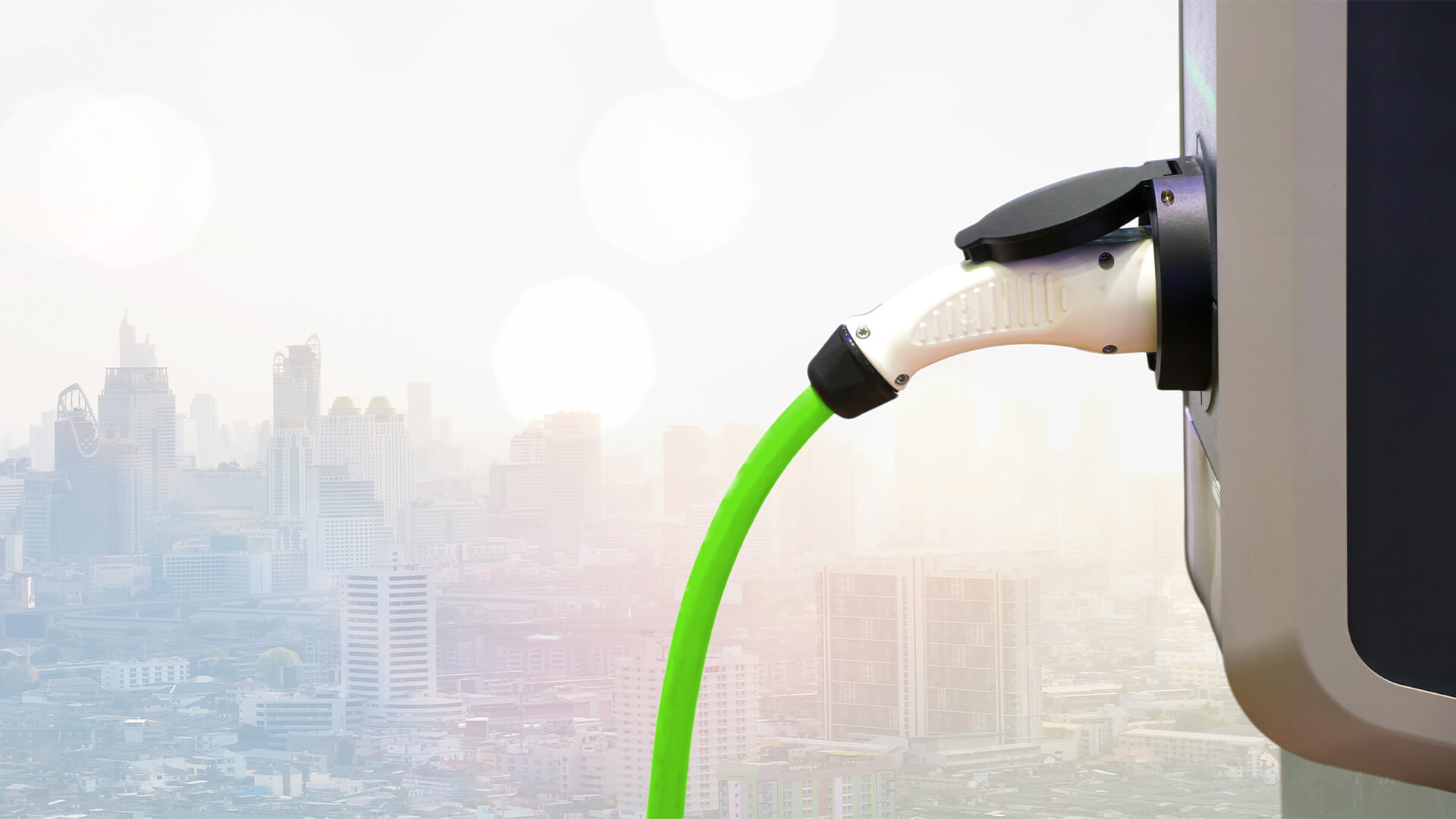The UK government proposes making all new housing developments add EV-ready charging stations into their building codes. Not too long ago, electric cars seemed to be a tad futuristic. Their growing popularity creates a fresh demand for at-home EV charging equipment.
According to Autocar, electric car ownership in the UK jumped 53% in 2020. Electric vehicles aren’t only changing the way people get around. For starters, they are cheaper to run and a step in the right direction for the environment.
Boris Johnson’s government plans to ban the sale of new diesel and petrol cars by 2030. These changes show the progress the UK is making towards environmental health.
Owning and running an electric car is an exciting modern concept. Yet, there are some challenges. For instance, EV charging is something that electric vehicle drivers now have to think about. Trips and routes need to be planned around the location of EV charging equipment. This is potentially why EV-ready homes have become a proposed way forward for new building codes in the UK.
EV Charging Stations and Housing Developments
Readying for EV in the UK has been a tricky business for quite some time due to guidelines from the International Codes Council (ICC). Building regulations of the past simply didn’t include an EV charger in homes, but the ICC is set to change these codes in the future.
Here’s what you need to know:
- EV charging units are available across the UK, mostly in designated parking spaces or fuel stations. Currently, there are over 35,000 charging points across the UK, stationed in 13,000 designated locations.
- EV charging infrastructure is still in the pipeline across the country and drivers cannot always access chargers positioned conveniently.
- Unfortunately, most homes lack the equipment for convenient EV charging.
- In the next 5 years, over 350,000 homes in the UK will have EV charging points installed.
3 Reasons to Buy an Electric Vehicle Next
There are several reasons why you should invest in an electric car next. Here’s 3 top reasons to consider:
- Be part of the positive revolution. There are already over half a million hybrid and electric cars on the road.
- Environmental focus is helping drivers to buy a car that’s kinder to the environment. Do your bit towards a greener future.
- Save yourself money. Electric vehicles are cheaper to run than petrol and diesel alternatives.
A Call for a Greener Approach Leads to Change in UK Charging Stations & New Home Planning
The Department of Transport has been making proposals for EV charging to be incorporated into newly built homes for quite some time. They argue it makes more sense for electric vehicle supply equipment to be home-based. Drivers can charge up their electric vehicles before heading off on a trip. EV charging points will remain available in towns and cities to help with top-up charging along the way.
The call for a greener approach across Britain makes the average homeowner and drivers of electric vehicles think about how they can ensure they have an EV-ready space for their car at home.
The propositions may lead to change, and the ICC (International Code Council) is pushing for these specific requirements:
- All new-build homes in the country will have EV charging stations installed on site.
- Each parking space at private residences will have at least one electric vehicle EV charging point.
- The only new build properties that may exclude the inclusion of EV charge points are homes and apartments in busy central areas such as London.
Energy efficiency and reducing gas use are top priorities for promoting EV charging infrastructure, but it’s more than that for the average EV owner and green-aware homeowner. Here’s what’s important to the early adopter of EVs.
- Peace of mind that the government-provided electric vehicle EV charging point in the home offers high standards.
- Correct project management to ensure high-quality, efficient, and safe installations.
- Efficiency to be ensured by installing power outlets that have a power rating output of no less than 7kW, and include a universal Type 2 socket to cater to various electric cars on the market, Tesla included.
Standards require the branch circuit for the charging station’s continuous load may not exceed more than the branch circuit rating. This is just one example of some finer details considered by the government in the new-build EV-ready infrastructure for home guidelines.
The UK government website states that as more ultra-low emission model vehicles hit UK roads, the concept of new-build homes incorporating charging points becomes a reality. The official website also states that England will be the very first country to introduce mandatory charging points for EV vehicles in houses, in the world. Lastly, the government also states that there are plans to introduce smart charging, which will enable EV drivers to charge their vehicles for less during off-peak hours. All eyes are on the UK as the next phase of the process is activated.
Making the Most of EV Charging Infrastructure & Retrofit Costs
Many people are unaware that converting a home to include infrastructure for an EV-ready parking space is far more expensive than pre-wiring and retrofit costs for a charging unit. New-build installation of chargers will be a sustainable and low-cost way of ensuring that homeowners with electric cars aren’t faced with the high cost of installing new chargers in the home’s parking spaces on site.
What does this mean for people with older homes who want to get their home EV ready? A government OLEV (Electric Vehicle Home Charge) scheme can help with including the EV charging infrastructure in the home. They provide each applicant with a grant of up to £350 to help reduce charger installation cost. The government will provide billions of pounds of relief to the public, thanks to being ready to choose a greener way of life.
How Home EV Charging Points Affect Charging
Installing residential chargers for EVs is a little more complicated than simply using the cheapest option. The charger used will either speed up or slow down charging. If you have to head into work every day in your EV, you will not enjoy charging it for a minimum of 33 hours, which could be the case if you have a Tesla and only have a 3kW single-phase charger.
That said, there are two main types of EV charger that developments can include in construction. These are:
- Single-phase outlets – this charge point can support up to 7kW EVs.
- Three-phase high-power outlets – this allows attachment plugs and EV charger units of up to 22kW.
The capacity of the junction box and the charger installed can either increase or decrease charging efficiency. For instance, a three-phase high-power outlet that allows charging units for EVs of up to 22kW will charge a car in considerably fewer hours than using a single-phase 3kW outlet. That said, you can increase charging efficiency with a single-phase outlet by ensuring that a 7kW EV charger is used. At EV King, you can check how fast your EV will charge, just punched your reg into their software and it will give you, you cars charge time at 3k, 11kw and 22kw. According to the magazine, you divide the battery kWh capacity by the charger kW capacity. For instance, a car with a 90kWh battery charged with a 22kW charger will take 4 hours to charge fully.
In Conclusion: The Next Step for EV-Ready Homes
While everyone seems to be on the same page regarding the increase in EV vehicles’ inclusion in the UK, it seems as if the plans are still in their infancy, even though the first proposition was made in 2019. COVID 19 challenges over the past year delayed any progress. Now that the proposals and plans for including EV chargers in new builds are out there, all that’s left to see is the plans implemented effectively. As a result, the UK can get closer to its ideal of becoming a zero-emission country.































